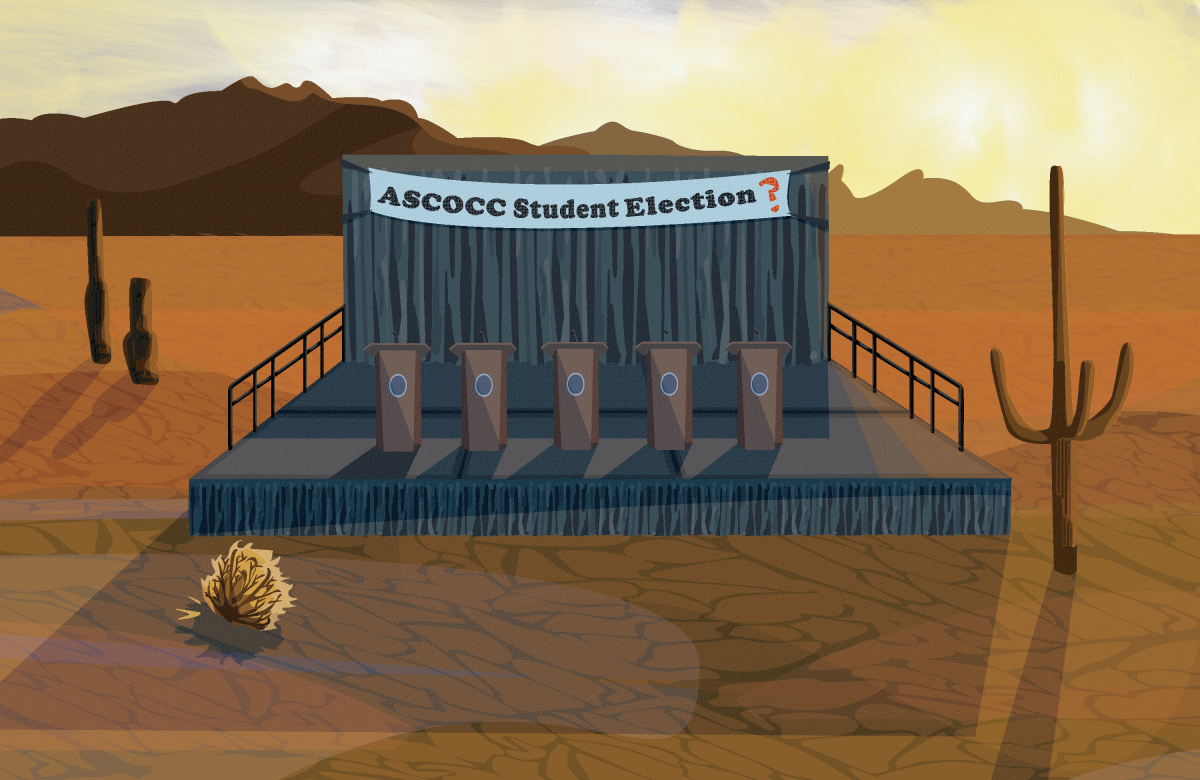Zachary Hunt
The Broadside
There are over 80 million skateboarders worldwide in every country from Uganda to Switzerland. More children recognize what a skateboard is than a tennis racket, and almost every American town has a skatepark. Over half of the handrails and ledges in every major city are blocked off by businesses to prevent skateboarding on their property. In the state of Oregon, it is illegal to skateboard on the sidewalk. Locally, Bend police and security guards will not even let you skate down the street without stopping to make sure you are behaving yourself.
So where does all of this lead to? Coping seems a bit out of reach, seeing as skateboarding has been around for over seventy years now and America is still trying to ignore the fact that it is the fastest growing sport in the world. Solving the issue of skateboarding vs. society is much easier said than done. This is so hard because there is such a strongly negative connotation against the skateboarding lifestyle and those who live it.
Many professional skateboarders, such as Tony Trujillo and Jim Greco, who both enjoy tattoos, died hair, and heavy leather, have families and don’t engage in any illegal activities whatsoever. In fact, many skateboarders, professional and otherwise, only began skateboarding in the first place to stay out of trouble.
Also, you don’t have to dig deep into the skateboarders’ mind to find their very simple motivation. If you ask any skateboarder, the only real goal they have in mind is to land their next trick and stay out of the way of everyone else. To distract a skateboarder from that goal, however, is sin in the skateboarding world.
This is where society and skateboarder clash: All the skater wants to do is land their 50-50 down the rail outside of the local bank, while all the banker wants to do is create as much possible space in between him and the rowdy bunch of hoodlums destroying the bank. It is a common misunderstanding that almost always gets blown way out of proportion and usually ends in a call to the local police.
It is agreed that skateboarders can, in these situations, sometimes loose their cool and act inappropriately. But so do the professionals that are often under the impression that they are doing their civil duty by stopping the skaters. They often use disparaging insults, threats, and on some instances even physically prevent skaters from leaving until police show up. All of these actions are illegal, regardless of whether illegal trespassing is happening or not.
Sadly, many of these ugly interactions are unnecessary, seeing as most skateboarders will leave the first time they are asked. But to the skaters, when an irate man in a suit or a law-enforcement uniform approaches them threatening to confiscate skateboards and give out tickets, there is naturally resistance to no fault of the skateboarders.
Basically, what all this comes down to is the fact that there is nothing wrong with skateboarding. There is, however, something terribly wrong with the negativity surrounding the sport. We all have to keep in mind that this is the largest growing sport in the world and has been for over a decade. Yes, there are morally questionable skateboarders in the world, but many would argue that there are much more morally questionable businessmen in the world. Therefore, we are at a crossroads, skateboarding is growing at an insanely rapid rate pushing the boundaries of the sport, while the public eye has been at a standstill about skating for it’s entire existence. We’ll just have to keep fighting the fight one push at a time, proving through example that skateboarding is, indeed, not a crime.
You may contact Zachary Hunt at [email protected]














